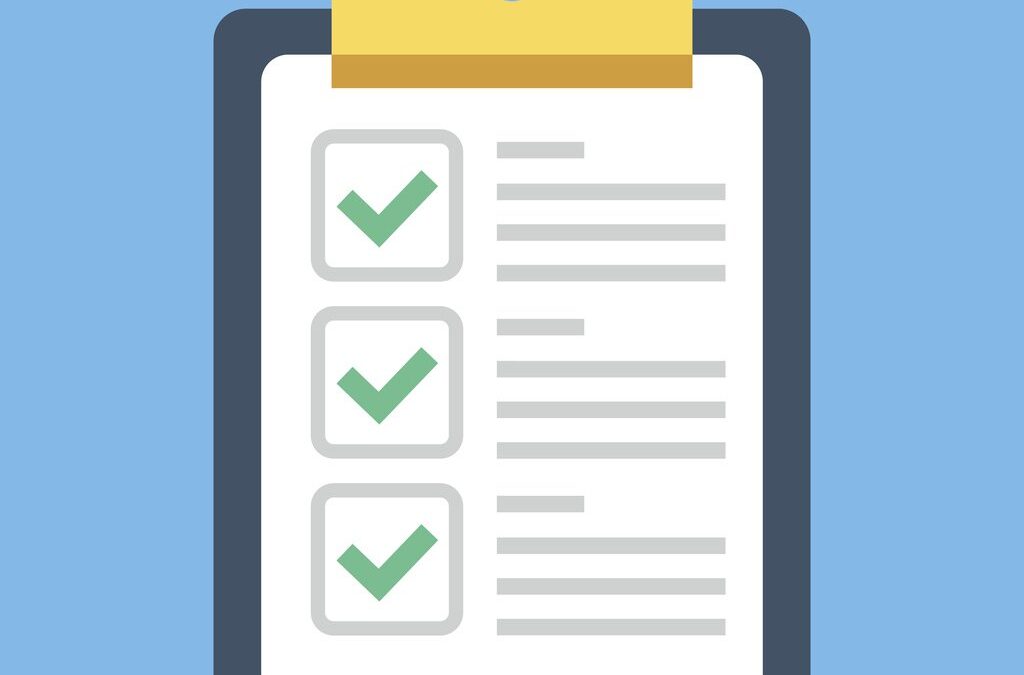As summer winds down, it’s a good idea to think about preparing your plumbing for the months ahead.
Checking your plumbing seasonally can help guard against those untimely problems that can arise as the weather changes.
Here’s a simple checklist of things to do to keep your home’s plumbing system running smoothly.
Inspect and drain your water heater
Water heaters are a key to your home in that so many other appliances depend on them functioning properly.
As a result, ensuring your water heater is in working order will keep the rest of your home running smoothly.
- Look for cracks or rust on the tank and the pipes. Check for leaks, and look to see if you can find any wet spots around the water heater. That may mean it’s time to call a plumber.
- Check the anode rods and the pressure relief valves, too. If you find rust, leaks or cracks on any of these, call a plumber immediately.
- Finally, once you’ve inspected your water heater, drain the tank. This is recommended as annual maintenance and is done to flush out the sediment that may have built up over the year. This sediment can damage the internals of your water heater and will make loud popping sounds.
To learn more about draining your water heater, check out our instructions for draining your water heater. Now is a great time to drain your water heater, as the hot summer days mean you can get by without hot water for a while.
Check your fixtures, appliances, and pipes for leaks
Even the smallest of leaks can waste tens, if not hundreds, of gallons of water every year.
Check your toilets for leaks.
- Toilets are often responsible for many household leaks and can be tricky to detect or monitor. To check if your toilet is flushing away extra water and money, put some food coloring in the tank. Don’t flush the toilet for a few hours. Check the toilet bowl later in the day. If you see the water with the food coloring in the toilet bowl, then you know your toilet is leaking.
Check sinks for leaks.
- Make a visual check underneath your sinks. If you see evidence of water — or past water damage — try running the water for a few seconds. Turn it off and check the pipes below. If there’s water dripping around them, you may have a leak. If you are unsure if it’s genuinely a leak, you can always check with a professional.
Check your washing machine and dishwasher for leaks.
- It’s always a good idea to make sure your washing machine and dishwasher are operating efficiently. Make a visual check of the connections to see if there’s any evidence of water damage. Next time you run it, take a look and make sure everything is tight and no water is escaping.
Check pipes for leaks.
- Finally, check your pipes for leaks. In the winter, damaged or leaky pipes may be prone to freezing or bursting. If you notice any rust or leaks on your pipes, don’t hesitate to call a plumber. You may want to additionally inquire about insulating your pipes before winter to protect them from freezing.
Clean the gutters
Gutter blockages are frequent, especially in summer. It’s common for leaves and branches to break off and fall in.
While it’s not a huge issue in the short term, fall is coming, and that will bring a significant amount of leaves and branches into gutters, which could cause a considerable gutter clog down the road.
Clearing your gutters towards the end of summer lowers the chance of a clogged gutter in fall, which can result in a much bigger problem if water cannot drain from the roof properly.
Need a hand making sure your plumbing system is prepped for fall? Contact the experts at Agentis. We’re ready to help.

